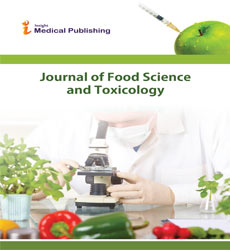Molecular characterization of isolated Salmonella from infected dairy products.
Abstract
Salmonellae continue to be a major concern for the dairy industry because these bacteria have caused recent outbreaks of illness and have been isolated from various heat treated dairy products in the market place. The severity of Salmonell infection and pathogenicity is related to many virulence genes such as Salmonella plasmid virulence gene (spvC), invasion A (invA) gene which triggers the pathogen to invade the host cell as well as the enterotoxin (stn) gene which encodes a protein causing severe diarrhea. The current study was performed to investigate the prevalence of Salmonella spp. in some heat treated milk products intended for consumption in Mansoura University, as well as, to investigate their serotypes and virulence genes. One hundred and fifty five samples of heat-treated milk products(UHT milks, soft cheese, yoghurt, and spreadable cheese) were randomly gathered and investigated using conventional and molecular method. Result revealed that some spreadable processed cheese harbored (Salmonella Typhimurium, Salmonella Infantis and Salmonella Essen) serovars. Virulence gene profiling reported that all Salmonella isolates harbored invA and stn genes, while only Salmonella Typhimurium and Salmonella Infantis encoded spvC gene. Hence, the implementation of good hygienic practices together with hazard analysis, are required in the process of HACCP plan to eliminate the risk of contamination that may occur during the manufacturing process.
Open Access Journals
- Aquaculture & Veterinary Science
- Chemistry & Chemical Sciences
- Clinical Sciences
- Engineering
- General Science
- Genetics & Molecular Biology
- Health Care & Nursing
- Immunology & Microbiology
- Materials Science
- Mathematics & Physics
- Medical Sciences
- Neurology & Psychiatry
- Oncology & Cancer Science
- Pharmaceutical Sciences
